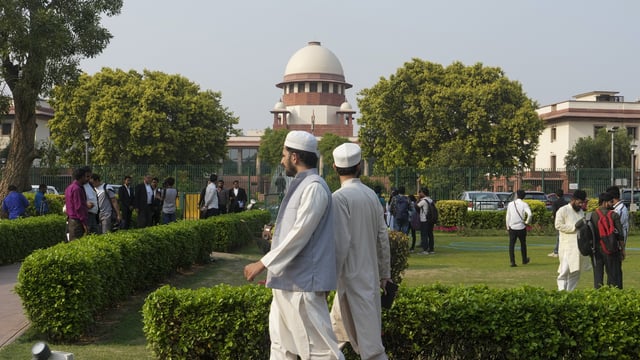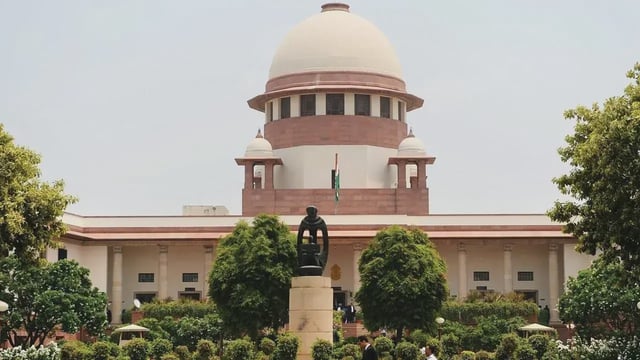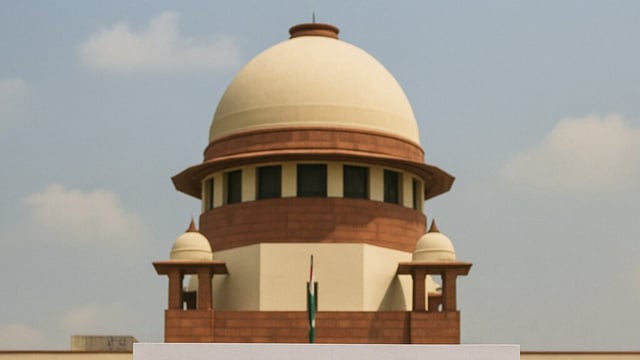Overview
- The Supreme Court has agreed to hear a petition by Naushad K K, a practising Muslim from Kerala, seeking to be governed by the Indian Succession Act instead of Shariat law for inheritance matters.
- A bench led by Chief Justice Sanjiv Khanna and Justice Sanjay Kumar issued notices to the Union and Kerala governments, requesting their responses to the plea.
- The Court has consolidated Naushad K K’s case with two similar pending cases, including one filed in 2016 by the Quran Sunnat Society and another in 2024 by Safiya P M, a former Muslim.
- Petitioners argue that mandatory adherence to Shariat inheritance rules violates constitutional rights, including Article 14, by restricting testamentary autonomy and equality.
- The Union Government previously stated that any extension of the Indian Succession Act to Muslims falls under Parliament’s legislative authority, raising questions about the judiciary's role in the matter.



